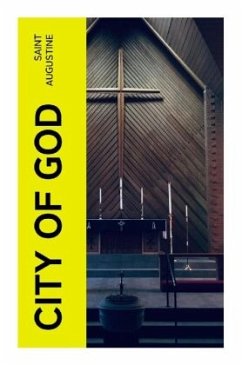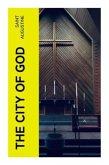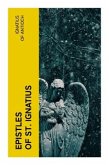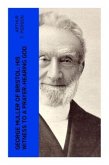In "City of God," Saint Augustine presents a profound theological and philosophical treatise that addresses the relationship between the earthly city and the heavenly city, particularly in the aftermath of the fall of Rome in 410 AD. Written in a time of social upheaval, Augustine employs a dialectical style interwoven with vivid allegory and classical rhetoric to evaluate the nature of human society, divine providence, and the ultimate destiny of the soul. This magnum opus blends scripture with philosophical inquiry, offering an incisive critique of paganism while articulating a vision for a Christian society rooted in love and divine truth. Augustine, a North African bishop and a pivotal figure in Western thought, was profoundly influenced by his early life experiences, including his struggles with faith and morality. His conversion to Christianity and subsequent philosophical exploration imbued "City of God" with a sense of urgency and relevance, as he sought to address the challenges faced by a crumbling Roman Empire and provide a framework for understanding human existence in the context of divine grace. This seminal work is essential for any reader interested in theology, philosophy, or the historical interplay between religion and politics. Augustine's insights continue to resonate, making "City of God" a crucial text for understanding the foundations of Western civilization and the enduring quest for meaning amidst chaos.
Bitte wählen Sie Ihr Anliegen aus.
Rechnungen
Retourenschein anfordern
Bestellstatus
Storno








